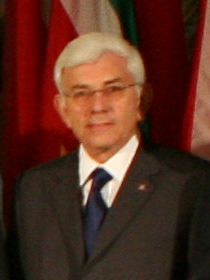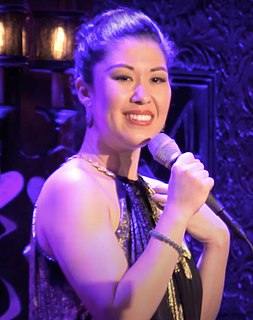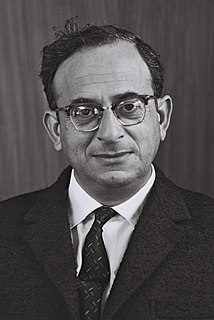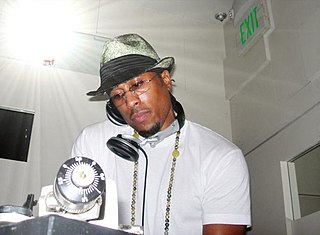A Quote by Said Musa
Unfortunately, in my home, we didn't speak Arabic; it was a mixed culture. My mother played a dominant role in our educational upbringing, and we grew up as part and parcel of Belize's culture.
Related Quotes
Many teachers of the Sixties generation said "We will steal your children", and they did. A significant part of America has converted to the ideas of the 1960s - hedonism, self-indulgence and consumerism. For half of all Americans today, the Woodstock culture of the Sixties is the culture they grew up with - their traditional culture. For them, Judeo-Christian culture is outside the mainstream now. The counter-culture has become the dominant culture, and the former culture a dissident culture - something that is far out, and 'extreme'.
When I speak of artistic universals, I am not denying the enormous role played by culture. Obviously culture plays a tremendous role, otherwise you wouldn't have different artistic styles - but it doesn't follow that art is completely idiosyncratic and arbitrary, either, or that there are no universal laws.
I was on television a couple of years ago and the reporter asked me, "How does it feel being on mainstream media? It's not often poets get on mainstream media." I said, "Well I think you're the dominant media, the dominant culture, but you're not the mainstream media. The mainstream media is still the high culture of intellectuals: writers, readers, editors, librarians, professors, artists, art critics, poets, novelists, and people who think. They are the mainstream culture, even though you may be the dominant culture."
In a culture fueled by burnout, a culture that has run itself down, our national resilience becomes compromised. And when our collective immune system is weakened, we become more susceptible to viruses that are part of every culture because they're part of human nature - fear-mongering, scapegoating, conspiracy theories, and demagoguery.











































